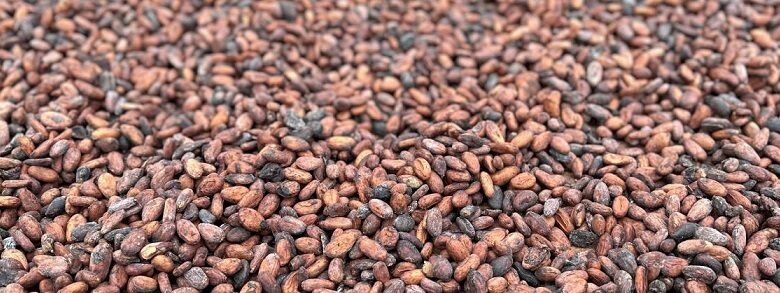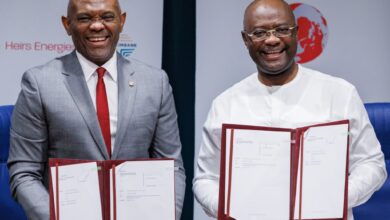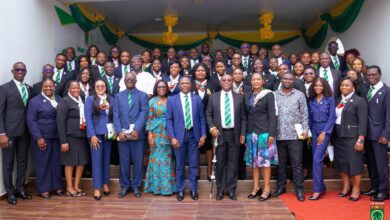COFAAA pushes for policy reforms to address cocoa sector challenges

The Cocoa Farmers Alliance Association of Africa (COFAAA) is calling for stronger policies and urgent interventions to tackle persistent challenges in Ghana’s cocoa sector, including low farmgate prices, climate change effects, deforestation, and child labor. While commending the International Cocoa Organization (ICCO) and the World Cocoa Foundation (WCF) for their leadership in improving farmer livelihoods, COFAAA is urging stakeholders to implement reforms that ensure fair compensation for farmers, enhance traceability, and promote sustainable cocoa farming.
Ensuring Fair Prices and Livelihood Security
Despite ICCO and WCF’s efforts to enhance cocoa farmers’ economic well-being, many Ghanaian producers still struggle with unstable incomes due to fluctuating global prices and rising production costs. COFAAA is advocating for stronger price stabilization mechanisms, direct farmer support initiatives, and trade policies that guarantee equitable earnings.
Improving Traceability and EUDR Compliance
With the European Union Deforestation Regulation (EUDR) set to reshape global cocoa trade, COFAAA is pushing for increased government and industry support to help farmers comply with new traceability standards. Many smallholder farmers lack the resources to meet stringent requirements, and COFAAA is calling for targeted investments in digital tracking systems and farmer education to keep Ghana competitive in the international cocoa market.
Combating Child Labour and Strengthening Human Rights Protections
Child labour remains a critical issue in the cocoa sector, despite years of advocacy and intervention. COFAAA is urging a multi-stakeholder approach involving government agencies, industry players, and local communities to provide alternative income opportunities for families, improve educational access, and strengthen child protection policies.
Promoting Sustainable Farming and Agroforestry
Climate change and deforestation threaten the long-term viability of cocoa farming in Ghana. While agroforestry initiatives have been introduced, COFAAA believes more investment is needed in climate-smart agriculture, access to shade trees, and incentives for environmentally friendly farming practices. The association is calling for policies that support sustainable land use while protecting cocoa farmers’ livelihoods.
Boosting Value Addition and Local Processing
Ghana continues to rely heavily on raw cocoa bean exports, limiting its economic potential. COFAAA is advocating for increased investment in local cocoa processing, chocolate production, and other value-added industries. Expanding these sectors would create jobs, generate more revenue, and ensure Ghana derives greater benefits from its cocoa production.




